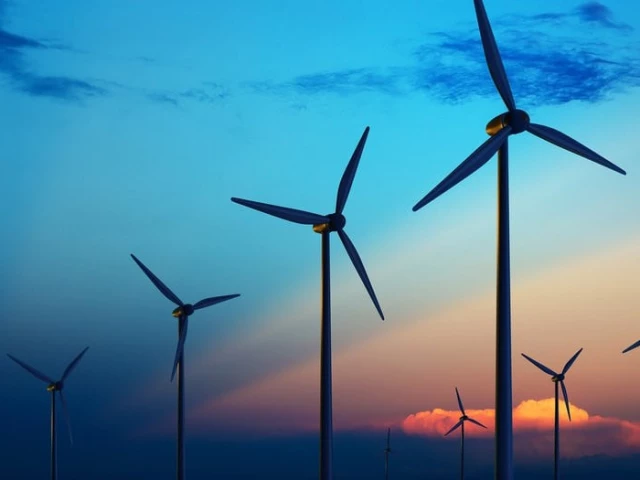Pakistan experiences surge in solar as net-metering share jumps, grid usage slips
Solar adoption surges 28.1% MoM as high tariffs drive shift, but grid underutilisation creates fiscal burden

Net metering's share in Pakistan's total power generation rose by 57 basis points year-on-year in September 2025, reflecting continued shift towards solar energy adoption and reduced reliance on the national grid, according to data compiled by Arif Habib Limited (AHL) based on NEPRA's latest figures.
Overall power generation increased 0.8% YoY in September 2025, while net metering units surged 28.1% month-on-month, underscoring growing contribution of distributed solar systems installed by households and industries. According to NEPRA estimates, power demand is projected to grow by 2.8% YoY in FY25, driven primarily by seasonal industrial activity and urban expansion. However, high tariffs continue to weigh on consumption patterns.
Energy analysts said the rise in net metering reflects both economic compulsion and environmental consciousness. Engineer Faiz Bhutta, Senior Solar and Battery Energy Storage Systems Consultant, told The Express Tribune that escalating electricity tariffs have made alternative energy sources necessary.
"Electricity has become so expensive that people are compelled to think of alternatives," he said. From an environmental perspective, this shift is positive. However, from the government's grid perspective, it's problematic. As capacity grows and consumption weakens, system underutilisation becomes a financial burden on the state.
Capacity payments to independent power producers have become a chronic fiscal issue. The government must pay for available capacity regardless of actual utilisation. When consumption drops because more users switch to solar, those capacity payments still must be made, increasing financial strain.
He pointed out that distribution companies have adopted discouraging policies to slow down net metering approvals. Earlier, consumers could apply for systems up to 1.5 times their sanctioned load. Now, some DISCOs restrict them to equal load capacity. They also impose additional requirements, such as installing a separate transformer for systems above 10 kilowatts. These measures, along with higher seed money and bureaucratic delays, are pushing people to explore off-grid options. Battery systems capable of powering homes for up to five days are becoming popular.
According to Bhutta, some have gone completely off-grid, whilst others are reducing their dependence by installing hybrid systems.
The government is mulling a shift from net metering to gross metering. Under this system, different tariffs would apply for imported and exported electricity, replacing the current one-for-one unit offset system.
He highlighted the paradox of Pakistan's energy capacity surplus and low utilisation. In winter, Pakistan's installed generation capacity stands at around 37,000 megawatts. However, actual demand is barely 8,000 megawatts. This underutilisation turns into a financial burden due to fixed capacity payments.
Experts emphasise that instead of discouraging solar, the government should focus on reviving industrial growth. Industries could then consume more power, produce exportable goods and generate foreign exchange.
Bhutta suggested tariff reforms could help encourage higher grid utilisation. "Instead of the current two-zone tariff - off-peak and peak - there should be four tariff zones. Reduced winter rates could incentivise greater power consumption," he said.
Despite policy uncertainties, experts say rising solar adoption and net metering show that Pakistan's consumers are driving transition towards cleaner energy faster than the system is adapting. With fuel imports costly and circular debt now exceeding Rs1.2 trillion, analysts believe distributed solar generation could play a pivotal role in stabilising the sector. However, this requires the government to develop a balanced policy framework that aligns fiscal realities with public demand for energy independence.





















COMMENTS (6)
Comments are moderated and generally will be posted if they are on-topic and not abusive.
For more information, please see our Comments FAQ